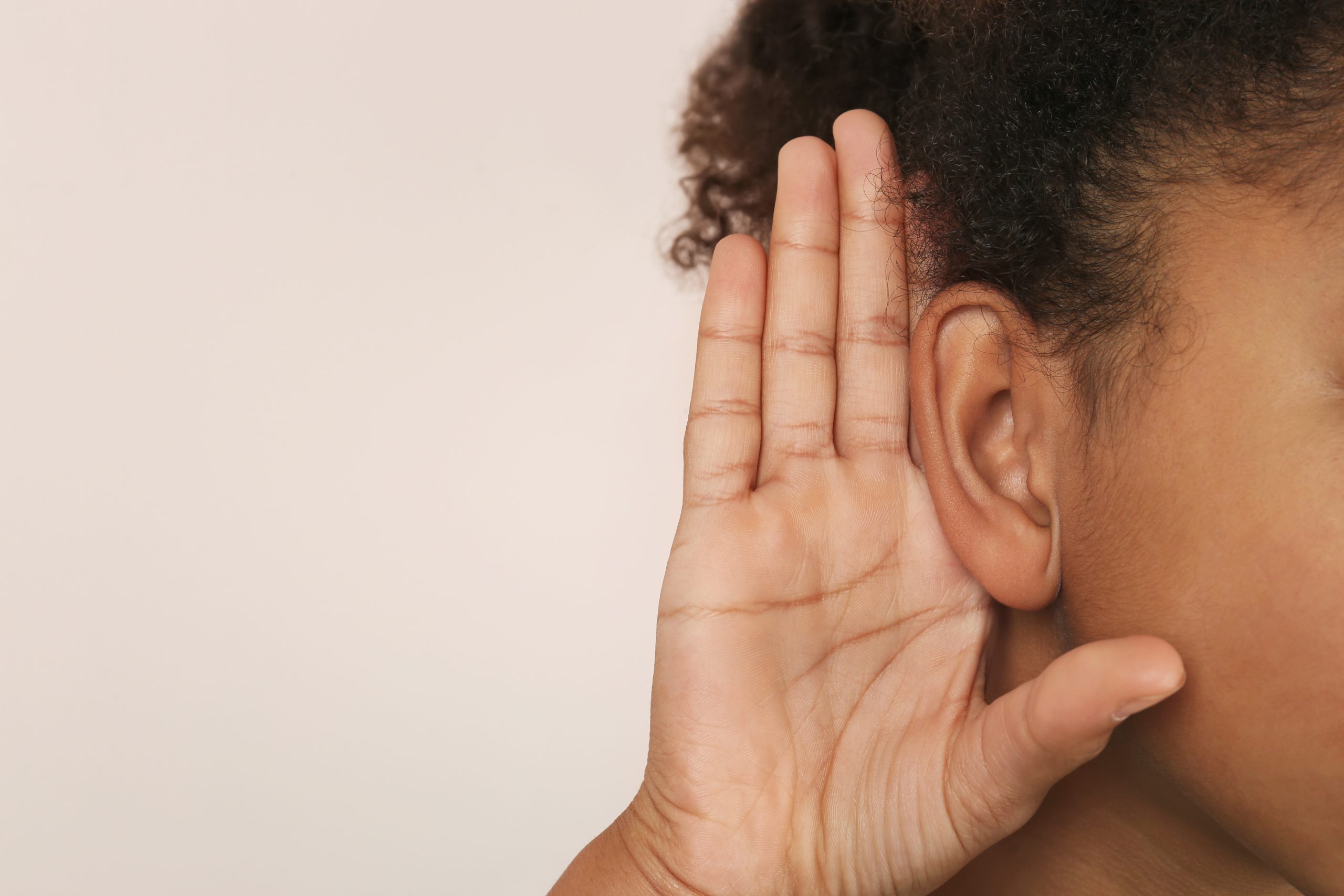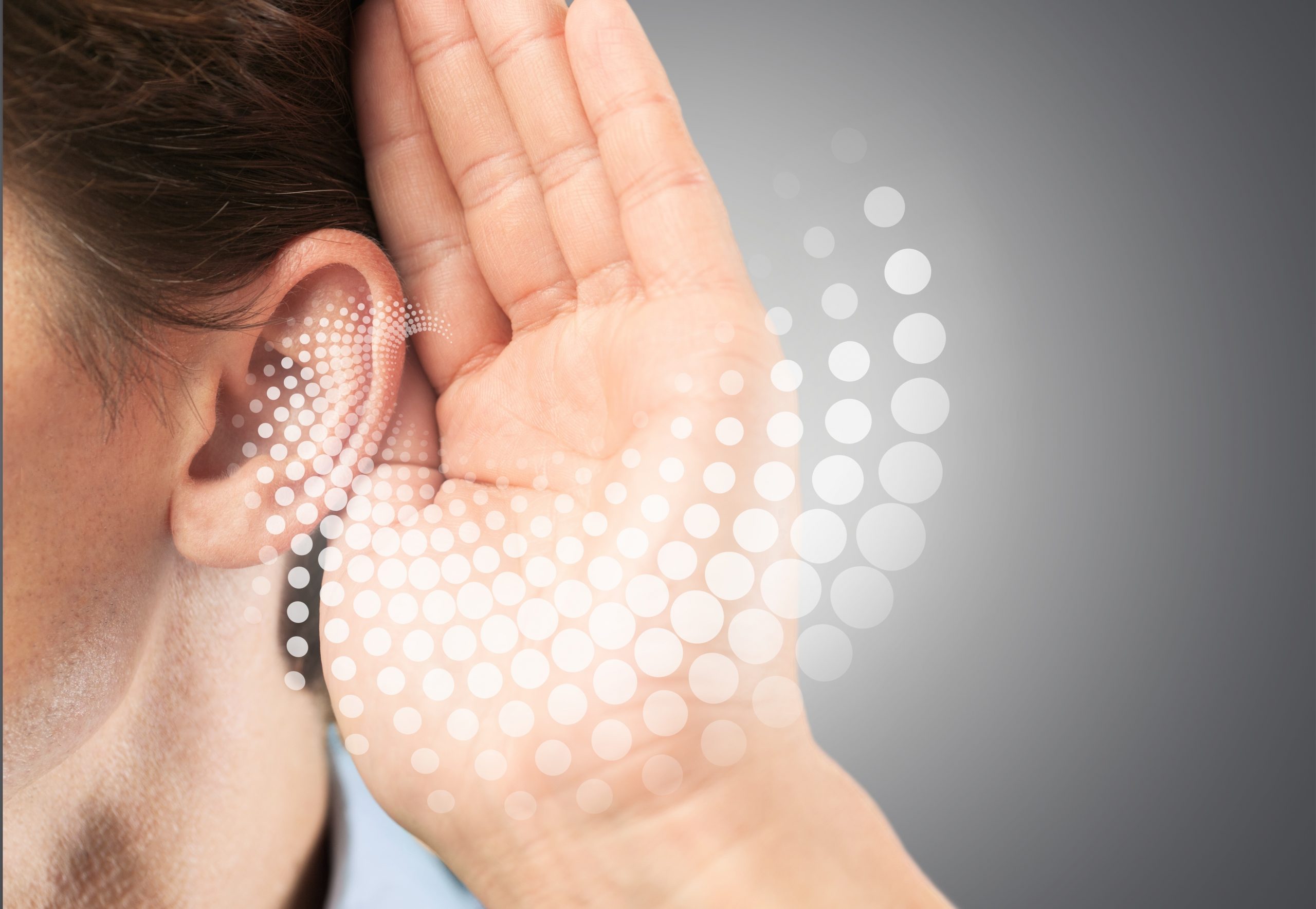When we think about exercise, we often focus on its numerous benefits for physical fitness, cardiovascular health, and weight management. However, regular exercise also plays a vital role in maintaining and promoting overall well-being, including hearing health. Research suggests that engaging in physical activity can have positive effects on hearing abilities and reduce the risk of hearing loss. In this article, we will explore the benefits of regular exercise for hearing health and emphasize the importance of incorporating physical activity into your lifestyle.
- Improved Blood Circulation: Exercise promotes healthy blood circulation, including to the delicate structures of the inner ear responsible for hearing. By enhancing blood flow, exercise ensures that these structures receive sufficient oxygen and nutrients, which are crucial for their optimal functioning. Improved blood circulation also helps remove waste products and toxins, supporting the overall health of the auditory system.
- Reduced Risk of Age-Related Hearing Loss: Age-related hearing loss, known as presbycusis, is a common condition affecting older adults. Regular exercise has been associated with a decreased risk of developing age-related hearing loss. Engaging in physical activity can help maintain the integrity of the auditory system, preserving hearing function as we age.
- Prevention of Chronic Diseases: Regular exercise plays a crucial role in preventing chronic diseases such as diabetes, cardiovascular disease, and obesity. These conditions are known risk factors for hearing loss. By managing and preventing these diseases through exercise, individuals can reduce their likelihood of developing hearing loss later in life.
- Lowered Risk of Tinnitus: Tinnitus is a condition characterized by the perception of ringing, buzzing, or other phantom sounds in the ears. It can be bothersome and affect quality of life. Regular exercise has been shown to reduce the risk of tinnitus. Exercise helps manage stress, improve sleep quality, and enhance overall well-being, all of which can contribute to a reduction in tinnitus symptoms.
- Management of Cardiovascular Health: Exercise improves cardiovascular health, which is closely linked to hearing health. The inner ear relies on a robust blood supply to function optimally. Conditions that negatively impact cardiovascular health, such as high blood pressure and atherosclerosis, can compromise blood flow to the inner ear and contribute to hearing loss. Regular exercise helps maintain a healthy cardiovascular system, reducing the risk of these conditions and promoting hearing well-being.
- Stress Reduction: Chronic stress can have detrimental effects on various aspects of health, including hearing. Stress triggers the release of stress hormones, which can damage the delicate structures of the inner ear over time. Exercise is an effective stress management tool, as it stimulates the release of endorphins, improves mood, and reduces anxiety and stress levels. By incorporating exercise into your routine, you can help protect your hearing from the negative impact of chronic stress.
- Promotion of Overall Well-being: Regular exercise is known to enhance overall well-being, contributing to a higher quality of life. Exercise improves mood, boosts self-esteem, and increases energy levels. These positive effects extend to hearing health as well. By prioritizing exercise, you can experience improved mental and emotional well-being, which can positively impact your perception and enjoyment of sounds.
- Cognitive Benefits: Exercise has been linked to improved cognitive function and reduced risk of cognitive decline. Research suggests that there is a connection between cognitive health and hearing abilities. Regular exercise can help preserve cognitive function, which, in turn, may contribute to better auditory processing and communication skills.
- Social Engagement: Many types of exercise, such as group classes, team sports, or fitness clubs, offer opportunities for social interaction and engagement. Social connections play a crucial role in overall well-being and can positively influence hearing health. Participating in exercise activities with others fosters social connections, reduces feelings of isolation, and promotes a sense












